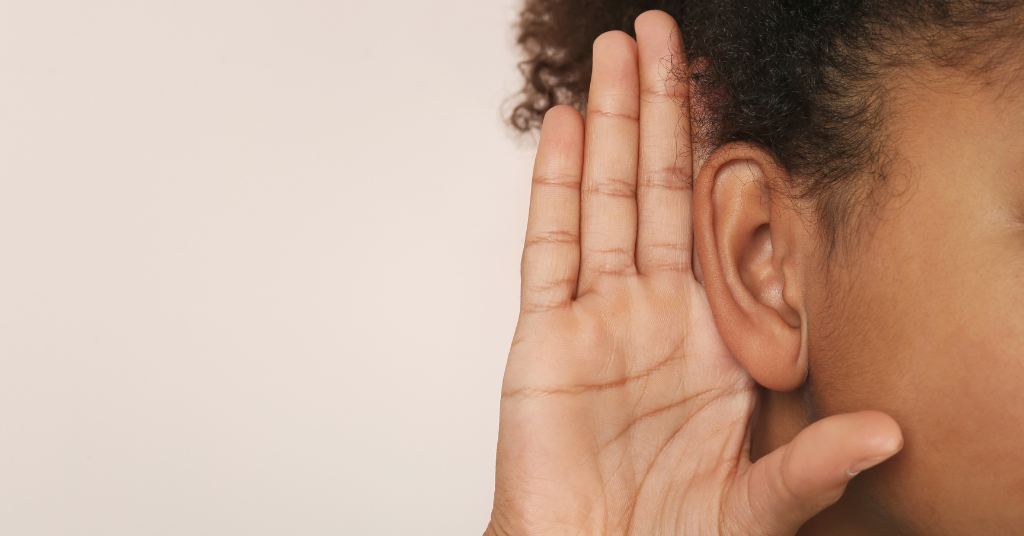
#DeafTalent: Q&A with Deaf filmmaker, Jules Dameron
January 2, 2017
Playing Classical Guitar after Hearing Loss: Q&A with Charles Mokotoff
January 4, 2017This is how loud a typical day is

How loud is a typical day?
After I suffered Sudden Sensorineural Hearing Loss I lost all the hearing in my left ear. I already had severe hearing loss in my right ear, due to otosclerosis so, after the sudden deafness, I struggled to hear anything except loud, high-pitched noises – such as fire alarms and sirens. Once I was fitted with a Phonak CROS hearing aid, however, I was reintroduced to the world of sound, and with it, the world of noise.
Which made me wonder… how loud is a typical day? And could a typical day loud enough to cause hearing damage?
Morning
I wake up to the flash of the alarm on my iPhone. (For those of us with hearing loss, there’s no point having an alarm that makes a sound, as we aren’t able to hear it.) The noise in my quiet bedroom room measures 44dB.
I cough (87dB), then I get up and nip to the loo. Flushing the toilet registers 84dB.
I go downstairs to let our dog, Tilly out. As I wait for her to come back in, I run the tap (85dB) and put the kettle on to boil (82dB). I pour water from the kettle into a cup (52dB), and open the door of the refrigerator (65dB).
Then, I empty the dishwasher and put away the items, which make the following sounds:
- Crockery/Dishes (89dB)
- Cutlery (91dB)
- Glasses clinking together (94dB)
I pop some bread in the toaster and it makes a kind of ‘ticking’ sound as the control knob rotates. (70dB)
I go for my shower (93 dB), then I dry my hair using the hairdryer (95dB).
Afternoon
As I prepare to take Tilly for a walk I notice it’s a really windy day. I’m surprised to see that the app says the wind noise has peaked at a whopping 90dB.
I walk past my husband who is using a petrol-powered hedge-trimmer to trim the hedge (97dB). (He always wears ear protection whilst doing this.)
A car goes past, but with the noise from the wind and power tool, the gauge doesn’t register any higher dB reading.
After our walk, Tilly retires to her bed while I do a spot of housework.
Our cordless vacuum cleaner has three settings – (82/85/88dB). I switch on the washing machine. Unsurprisingly, it doesn’t make a lot of noise because I specifically chose it because it scored highly in terms of its quiet rating. (64dB)
Later that afternoon, we go out in the car. I’m in the passenger seat (so that I can safely use the decibel-measuring app). Travelling with the windows closed measured 82db. When my husband speaks, the rating goes up to 87dB. But, with the driver and passenger’s window open, the sound level shoots up to 99dB. Closing the windows and having a talk radio show on measures 90dB.
We go to meet a friend in a hotel bar. I’ve particularly chosen this as the meeting place because it has thick carpets and curtains and there is no background noise, which is great for people with hearing loss. It’s a comfortable 75dB and only peaks at 85dB when someone laughs. The dining room is also nice and quiet and measures between 75 and 85dB throughout the meal.
Evening
Back home, I catch up on some emails. The tap of the keyboard measures between 47 and 68dB.
Later, I cook our evening meal. The stove hood extractor has three settings – 76, 78, 82dB. I opt for the quietest of the three.
After dinner, we watch a show on the television. It peaks at 84dB.
Why Noise Matters in your Daily Life
Knowing the common noises in your life and their decibel levels will help you assess when your ears need a break or need protection.
Sounds louder than 85 dB can cause permanent hearing loss. According to the National Institute for Occupational Safety and Health, the maximum exposure time at 85 dBA is eight hours, but at 110 dBA, the maximum exposure time is one minute and 29 seconds.
The loudest sound I was exposed to on this particular day, was the traffic noise when in the car with the windows open, which registered 99dB. The hedge-trimmer was the second loudest sound I encountered at 97dB.
Read more: 10 Small Changes You Can Make to Save Your Hearing
If you feel like activities in your day are too loud, the most important thing is to listen to what your ears are telling you! If you start hearing or experiencing rushing or whistling sounds in your ears or head it is a sign that you should give your ears a rest, allow yourself a day of peace and quiet, or turn the volume down.
Why not try measuring the sound levels of your day? I used the Decibel 10th app, but there are many others on the market. How loud is your day?







